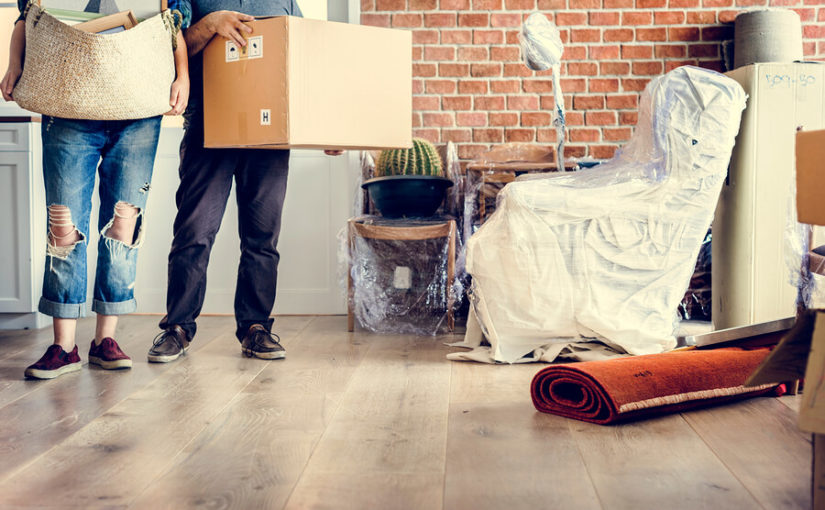The start of a new year is often a time when we start to pay more attention to the little jobs that need doing around the house.
You might notice winter damage you hadn’t already spotted – a loose roof tile or a leaking water pipe — and where there’s a risk of water getting into your property, it should be a priority to get it weather-proofed once again.
But as you take down the Christmas decorations and the days and evenings get lighter, there are fewer places for peeling wallpaper and cracked plasterwork to hide too.
We’ll soon be into the spring-summer bank holiday season, so plan now to hire a skip, clear out any old junk, remove crumbling plaster or drab wallpaper, and spruce up your interiors.
The DIY jobs we love to hate
Back in the summer of 2018, Which? surveyed their Trusted Traders to find out the most often abandoned DIY jobs that tradespeople are called in to finish off.
The top five were:
- Plumbing (55%)
- Electrical work (32%)
- Installing white goods (28%)
- Tiling (25%)
- Carpentry (13%)
Remember, there’s nothing wrong with calling in a professional if you’re not confident – we provide skip hire for tradespeople and householders alike.
But if you reckon you could tackle a leaky pipe or replace a fridge-freezer that’s past its best, you could give yourself a much more comfortable home and potentially add value to your property too.
Top tips for plumbing
Don’t let your DIY plumbing turn into a disaster. Make sure your mains water supply is off at the stopcock, drain the relevant pipes as much as possible, and have buckets and cloths on hand to catch any residual water.
When installing new pipes and joints, line the thread with PTFE tape, also known as thread seal tape. It fills the tiny gaps in the pipe’s end screw thread and can stop water from finding its way out of the joint.
Top tips for electrical DIY
Again, switch off the mains supply – at the fuse box, not just at the wall plug socket. You should also test for a live current in any wiring before working on it, even if you think the mains supply is off.
Unless you’re a qualified electrician, most electrical work you do yourself will not meet building regulations. So if there’s any doubt, this is one area where it really is best to leave it to a professional – it’s not worth the risk of an electric shock now or in the future.
Top tips for installing white goods
Installing new kitchen appliances is one thing you should be able to do without too much trouble. In most cases, you can just unplug the old appliance and plug in the new one.
Don’t disturb the gas supply if you have a gas cooker or hob – again, this is something that really must be left to a professional. And if you’ve got a new fridge-freezer, leave it in its new position for 24 hours before you first turn it on, so the refrigerant gases can settle.
Old kitchen appliances can go in a hired skip, apart from fridge-freezers because of those refrigerants inside them. If you need to dispose of a fridge-freezer, contact your skip hire provider to arrange a separate collection for a small fee.
